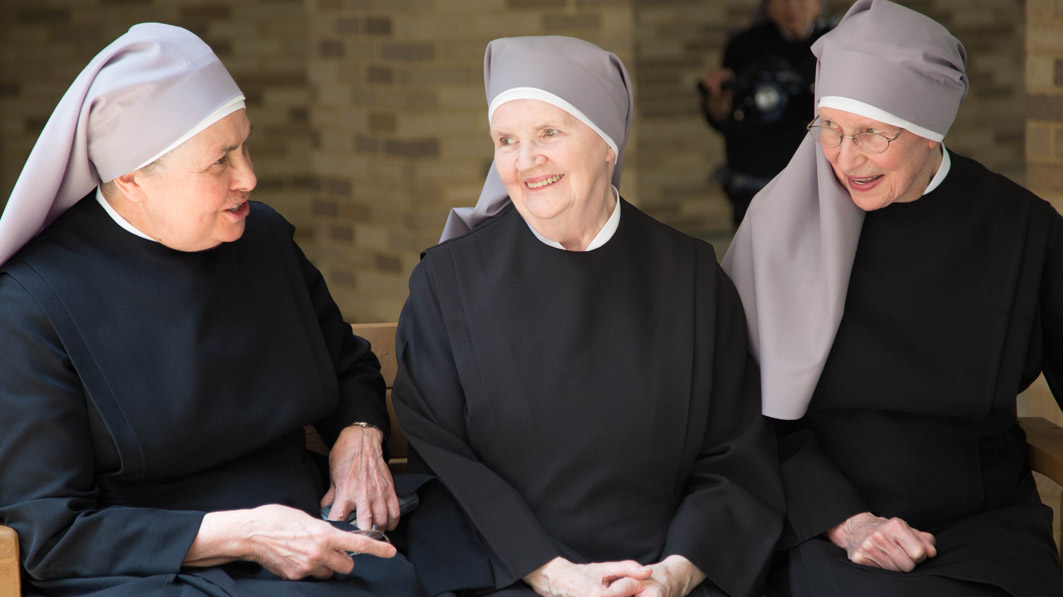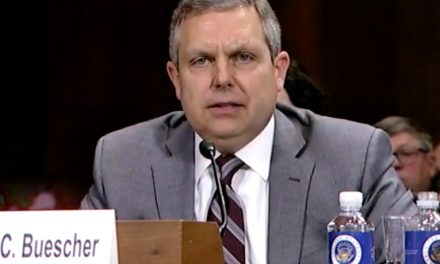Free contraceptives are a higher public good than religious freedom. At least you would conclude that if you read the preliminary injunction orders written by Judge Haywood Gilliam in San Francisco, and Judge Wendy Beetlestone in Philadelphia this week. Just days apart, these Obama judicial appointees blocked the Trump Administration’s expanded religious and moral conscience exemptiongranted to employers, including religious ones, who object to providing contraceptives (including possibly abortion-causing drugs) in company healthcare plans, as required under Obamacare.
Apparently, according to these two judges, Trump’s Department of Health and Human Services (HHS) doesn’t have the authority to expand the religious exemption to make up for the short-sighted exemption rules created by the Obama HHS. The Obama-era rules spurred dozens of religious freedom lawsuits by entities like Hobby Lobby and Little Sisters of the Poor.
If we allow HHS to change the previous rules, these judges reasoned, some women who might have gotten free contraceptives through their employers’ healthcare insurance will now have to get free contraceptives from somewhere else, such as through state programs. Some states might have to shell out a few bucks to make that happen, like they did before Obamacare, so obviously no change to the religious exemption can be permitted. What nonsense.
The states seem to be arguing that federal policies they like, once instituted, can never be changed, or what David French calls a “one-way ratchet in action.”
The “HHS contraceptive mandate,” as the Obama rule was called, was a sham from its inception, and the religious “exemption” even more so.
After Obamacare passed Congress in 2010 with zero Republican votes, President Obama’s Department of Health and Human Services (HHS) was tasked under the law with coming up with a list of “preventive services” employers must provide in healthcare plans. Think prevention of cancer or heart disease, that sort of thing. However, after HHS consulted with a medical group top-heavy with pro-abortion supporters, it came up with an inane definition of “preventive.” HHS concluded that “preventing” a pregnancy was the equivalent of “preventing” cancer; thus contraceptives and sterilization were required to be part of an employer’s healthcare plan for its employees.
In its quest to impose the progressive dream of free contraceptives for women, HHS knowingly created a moral dilemma for religious employers of all kinds who objected on the basis of deeply held beliefs to providing such items to anyone, including employees. However, Obama’s HHS undertook to intentionally limit religious exemptions to the bare minimum of cases it thought it could get away with. While grandfathering (and exempting from the mandate) major corporations covering tens of millions of employees, HHS initially limited the exemption for religious employers to churches and seminaries, and only added what it called an “accommodation” for other religious non-profits after a public outcry. For-profit companies, including family-owned, religiously operated entities such as Hobby Lobby and dozens of others, were left out entirely. That latter omission led to the U.S. Supreme Court decision in 2014, explaining that Hobby Lobby and other religious for-profit entities are run by people with a conscience and are protected by the First Amendment and the Religious Freedom Restoration Act, among other laws.
Then came the Little Sisters of the Poor and dozens of other religious non-profits who also brought lawsuits against the Obama era rule. Little Sisters, the most prominent of those cases, got stalled by the untimely death of Justice Antonin Scalia and a divided eight-justice Court. By the time the dust had cleared, there was no definitive Supreme Court decision, but we did have a newly elected President Trump, who campaigned on and promised more religious freedom protection for the nuns and other similarly situated religious entities. That led to the new, expanded religious exemption to the HHS contraceptive mandate, which ultimately led this week to two federal judges deciding they liked the old Obama rule better than the Trump rule.
It looks like we are headed for another Supreme Court showdown. This time, however, the Court includes Justices Neil Gorsuch and Brett Kavanaugh, whose judicial philosophies favor overturning lower court judges who attempt to impose their policy preferences rather than decide cases based on the law.






